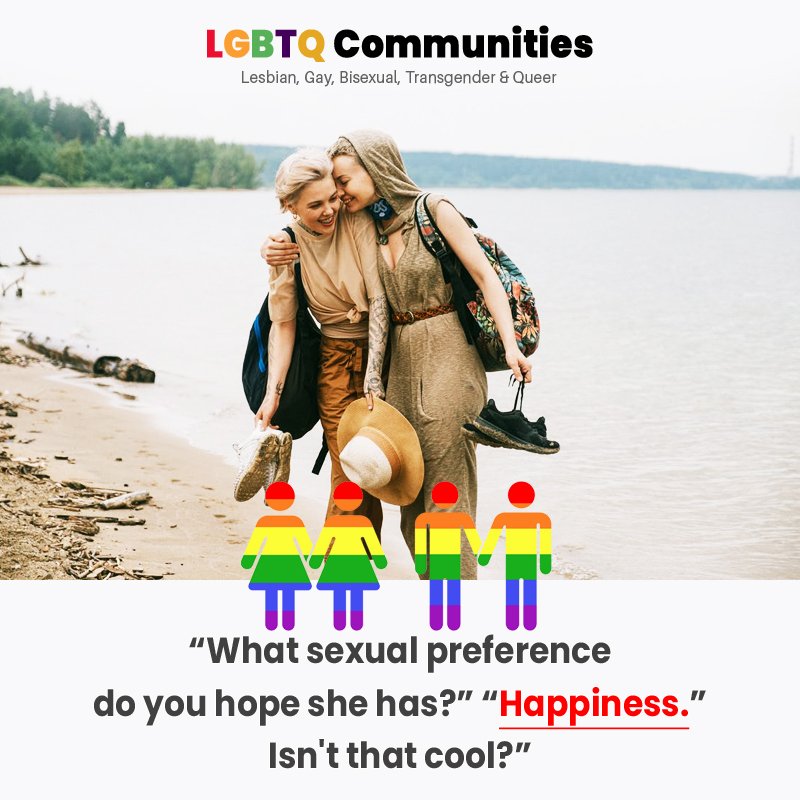Canada makes it easier for same sex LGBTQ couples to obtain citizenship for children born abroad
Canada makes it easier for same sex LGBTQ couples to obtain citizenship for children born abroad
The government will change the definition of ‘parent’ in the Citizenship Act.
Immigration Minister Marco Mendicino announced today a change to immigration rules that will make it easier for same-sex couples to register children born abroad for Canadian citizenship.

It has been difficult for same-sex couples to obtain citizenship for children born overseas when the birth parent is a non-Canadian.
Until now, a child born abroad was recognized as a citizen at birth only if the child shared a genetic link to the Canadian parent, or if the child was born to a Canadian parent.
If, for example, a Canadian father has a child with a non-Canadian national overseas, the child automatically qualifies for citizenship. If a Canadian mother gives birth overseas, the child also qualifies for citizenship.
The same couldn’t be said for some same-sex couples — until today.
A ‘cumbersome’ and ‘unjust’ process
“The process was more cumbersome and didn’t treat same sex couples equally under the Charter of Rights and Freedoms,” Mendicino said.
“It was not only unjust but an unneeded source of stress and uncertainty for couples focused on the excitement of starting their new family. It was a situation faced by many, including LGBTQ and parents who experienced fertility issues.”
Mendicino said the government will change the interpretation of “parent” under the Citizenship Act.
The change will allow non-biological Canadian parents who are their child’s legal parents at birth to pass down Canadian citizenship to their children born abroad.
The change comes after a years-long fight by Laurence Caron and her Dutch-born wife, Elsie van der Ven.
The two women decided to start a family while living in the Netherlands. Van der Ven bore the couple’s first child, Benjamin.
When Caron went to the Canadian Embassy in the The Hague to obtain Canadian citizenship for Benjamin, the family ran into legal hurdles.
“We were shocked, disappointed and very hurt,” Caron told reporters today. “We always thought Canada would have our back but the reality was different.”
The child was not entitled to citizenship because Caron had no biological link — her biological material was not used for his conception. He was denied a Canadian passport. The only option remaining for Caron was to sponsor the child for an immigration application — a costly and lengthy process.
"When you are applying for citizenship, you expect no issues," van der Ven said.
“And then you receive a letter saying the citizenship is denied because the biological material is not you. I think that’s exactly the kind of uncertainty and insecurities that same-sex families live with.”
Mendicino applauded Caron and van der Ven for challenging the system in court.
The change will benefit LGBTQ communities and parents facing fertility challenges, he said.

